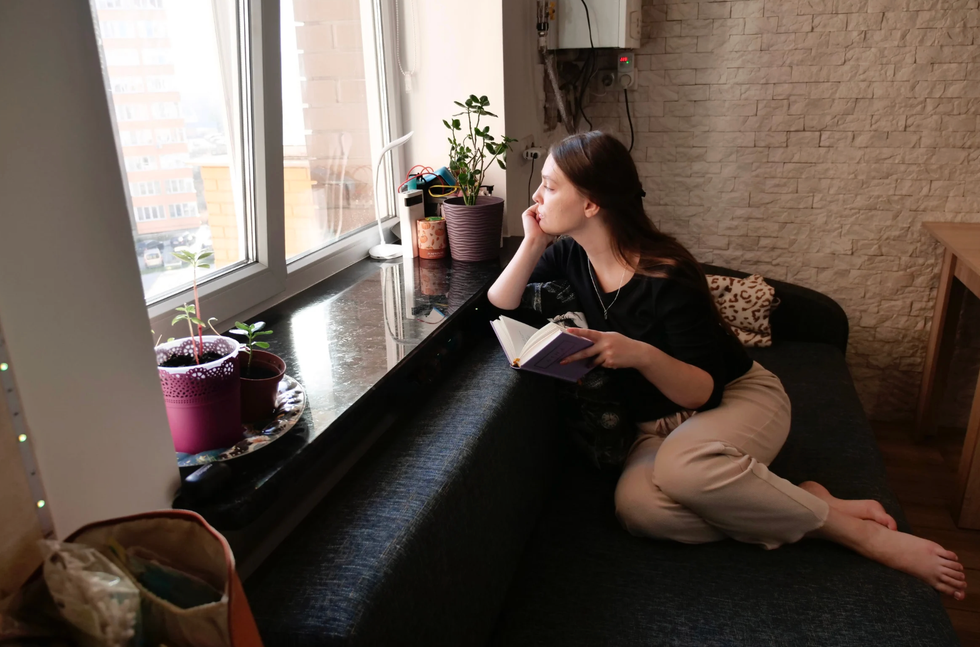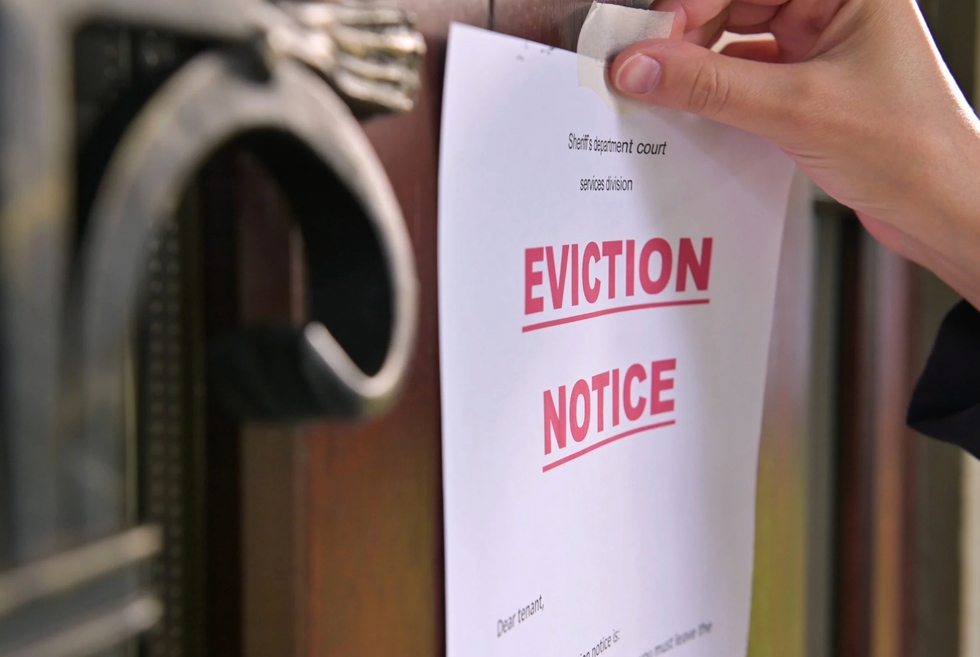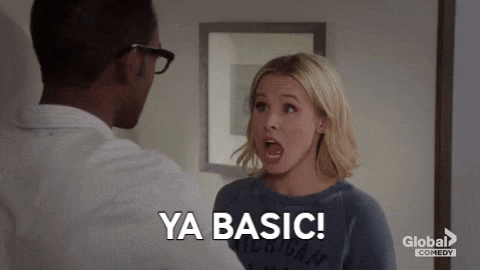Never Miss a Great Video: Subscribe to GOOD on YouTube
A philosophy professor at the University of North Dakota, Jack Russell Weinstein, shares his thoughts on how to best respond to open carry activists. Weinstein asks, “if you’re afraid for your life do you pay the tab?” in regards to seeing an open carry activist entering a restaurant where you are enjoying a meal. He continues by saying, “if you are genuinely concerned that someone is going to shoot you, your spouse, and your kids, it makes no sense to pay the bill.”
Professor Weinstein’s discussion on this topic has garnered a large amount of responses both supporting and disputing his claim on walking out of a restaurant in the presence of an open carry activist. Many of those who disagree with his stance believe that people will take advantage of the situation as a chance to dine and ditch. Some argue that he is promoting discriminatory behavior towards gun carriers. Weinstein challenges these allegations by saying, “gun rights activists do not have a history of institutional discrimination,” and that people are allowed to act in the most rational way possible and sometimes, getting away from people brandishing weapons, is the most logical thing to do.

















 Tow truck towing a car in its bedCanva
Tow truck towing a car in its bedCanva  Sad woman looks at her phoneCanva
Sad woman looks at her phoneCanva  A group of young people at a house partyCanva
A group of young people at a house partyCanva  Fed-up woman gif
Fed-up woman gif Police show up at a house party
Police show up at a house party 
 A trendy restaurant in the middle of the dayCanva
A trendy restaurant in the middle of the dayCanva A reserved table at a restaurantCanva
A reserved table at a restaurantCanva Gif of Tim Robinson asking "What?' via
Gif of Tim Robinson asking "What?' via 

 An octopus floating in the oceanCanva
An octopus floating in the oceanCanva


 A woman relaxes with a book at homeCanva
A woman relaxes with a book at homeCanva An eviction notice is being attached to a doorCanva
An eviction notice is being attached to a doorCanva Gif of Kristen Bell saying 'Ya basic!' via
Gif of Kristen Bell saying 'Ya basic!' via